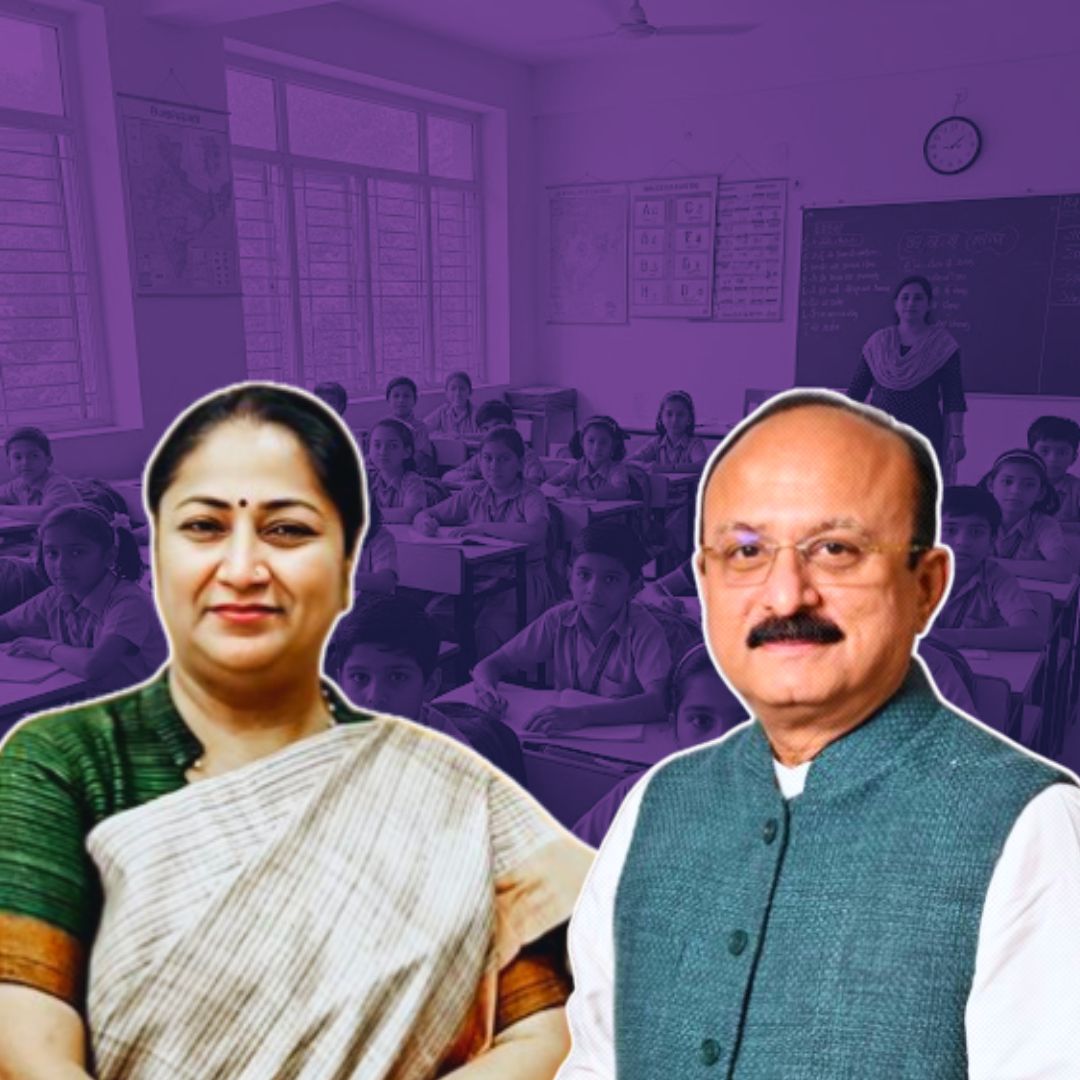The Delhi government’s new Delhi School Education (Transparency in Fixation and Regulation of Fees) Act, 2025, now covers all 1,700 private schools across the city, empowering parents with a veto on fee hikes and imposing strict penalties on schools charging fees beyond approved limits.
Fines range from Rs 50,000 per student up to Rs 20 lakh for schools violating the law, with penalties doubling if illegally collected fees are not refunded. Education Minister Ashish Sood, speaking during the Delhi Dialogues initiative, emphasised that these measures aim to end arbitrary fee hikes, promote transparency, and protect students and parents alike, marking a significant overhaul in Delhi’s education sector governance.
Comprehensive Fee Regulation: Parents in the Driver’s Seat
The newly enacted fee regulation law demands rigorous approval processes for any fee hike in private schools. Fee increases must be sanctioned by School Level Committees, which include school management representatives and elected parents. These decisions can be further appealed at district and state-level committees, ensuring multi-tiered oversight.
Uniquely, the law grants parents veto power in these committees-fee hikes cannot proceed without their unanimous consent. Education Minister Ashish Sood explained in recent parent town halls that this is a concerted effort to democratise school governance and safeguard family finances.
Previously, Delhi’s 1973 fee regulation only covered roughly 300 schools, leaving many private institutions unregulated and free to impose arbitrary charges. The 2025 law fills these gaps by extending authority across all private schools in Delhi, affecting approximately 1,700 schools and thousands of families. The government also empowered the Director of Education with quasi-judicial authority to enforce compliance uniformly, underlining the seriousness of this reform.
Stiff Penalties to Deter Illegal Fee Hikes
One of the most critical elements of the new law is its strong punitive framework. Schools found charging fees without committee approval face fines starting at Rs 50,000 per student, scaling up to Rs 20 lakh for large-scale or repeat offences. Additionally, if schools fail to refund excess fees charged illegally, penalties are doubled. This dual approach of fines plus mandatory refunds is intended to be a strong deterrent against exploitation.
Minister Sood emphasised that such measures have become necessary due to persistent cases of unapproved fee hikes generating distress among parents. The aim is not only punitive but also to rebuild trust through mandated transparency measures, including mandatory financial audits for all private schools, providing parents and regulators clear insight into the use of fees collected.
Context and the Push for Broader Education Reforms
The 2025 fee regulation law follows extended public frustration with opaque and extortionate private school fees, a problem long highlighted by parent protests, media exposés, and legal battles. Noteworthy controversies, such as the prolonged fee dispute at Delhi Public School Dwarka, catalysed demand for systemic reforms. Alongside fee regulation, the Delhi government has announced ambitious plans to upgrade educational infrastructure, including setting up 21,000 smart classrooms, strengthening foundational literacy and numeracy programs, and boosting extracurricular opportunities through sports incentives.
During the ongoing Delhi Dialogues series-a government outreach platform-the administration has been clear in its criticism of previous policies that neglected school infrastructure and lack of pedagogical improvements. By coupling fee transparency laws with these broader educational improvements, the government aims to establish a holistic model that uplifts all aspects of schooling.
The Logical Indian’s Perspective
This comprehensive fee regulation law stands as a milestone in education sector governance, reflecting a commitment to transparency, parental empowerment, and accountability. It addresses years of grievances over unregulated school fees while fostering dialogue and shared decision-making between parents and schools. More than just financial regulation, it signals a move toward more inclusive, empathetic governance where families are partners, not just fee-payers.
The Logical Indian views this reform as a hopeful model for balanced, compassionate educational policy-one that aligns with values of coexistence and positive social change.
By involving parents directly in fee approvals and ensuring schools adhere to financial transparency, Delhi sets a precedent for protecting vulnerable families from exploitation without undermining the quality of education.










